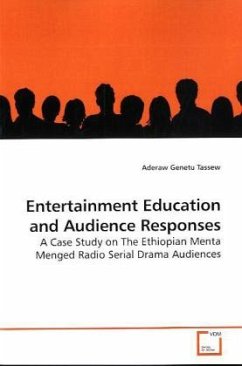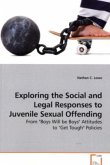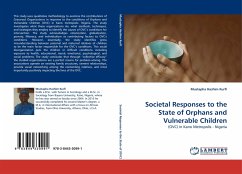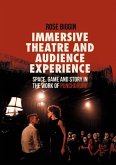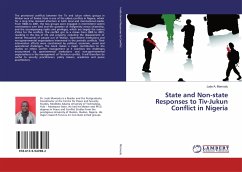Over the past few decades, the use of mass media for influencing audiences pro socially has increased rapidly and some of these efforts have been reported extremely successful in changing the audiences attitude, knowledge and behavior in a desirable direction. These media programs which follow a strategy of entertaining and educating aim enormous audience responses for monitoring the influences. Though audience response is a key component in the study of these programs most studies rely on audience surveys which overlook important details about audience behaviors. This study, therefore, indicates the importance of studying the details of audience responses both in relation to motivating factors behind responses and the relationship of these responses with program goals. Audience letters written in response to a radio serial drama has been analyzed in detail to support the claim. Verbal responses through focus group discussion have been also used to supplement the letters. This study suggests potential directions for future programs through identifying the reactions of audiences, the motivating factors, and analyzing the findings in respect to programs objectives.
Bitte wählen Sie Ihr Anliegen aus.
Rechnungen
Retourenschein anfordern
Bestellstatus
Storno

